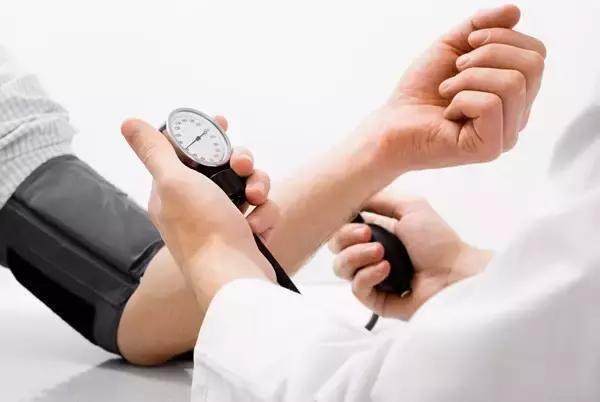Yesterday, there was a patient with hypertension, only 30 years old. He has had high blood pressure for 5 years and has already taken three kinds of antihypertensive medications, but the blood pressure control is very unsatisfactory. He has taken Valsartan, Amlodipine, and one tablet of Bisoprolol, but why is the antihypertensive effect not ideal? Before taking the medication, his systolic pressure could reach 170 to 180 mmHg, and the diastolic pressure was around 110 to 120 mmHg. After taking the medication, his systolic pressure dropped to about 140 mmHg, but his diastolic pressure still remained around 110 mmHg. Why is the blood pressure still poorly controlled despite taking three kinds of antihypertensive medications?
The doctor carefully analyzed this patient’s general situation. This patient has several characteristics: First, he is a young male with a high work pressure and is an individual business owner; Second, he frequently socializes for business and drinks alcohol, essentially drinking more than five times a week; Third, he smokes a lot, generally more than one to two packs a day; Fourth, he often stays up late, usually going to bed after midnight; Fifth, he snores during sleep and has significant obstructive sleep apnea; Sixth, he exercises very little and has no time for physical activity.
Combining the above six characteristics, the doctor concluded that this patient’s hypertension is entirely caused by an unhealthy lifestyle, which is a typical lifestyle disease.
This patient is currently a representative of young hypertensive patients, as many young hypertensive patients have similar situations.
The doctor pointed out that many patients have a misconception regarding treatment: as long as they take their medication seriously, there is no need to adjust anything else; they can eat, drink, and do whatever they want. This is very wrong. It is not that the medication is ineffective or that it is not being used properly; the key issue is that the patient has not seriously changed their lifestyle, which is the most critical factor leading to poor drug treatment outcomes.
Experts point out that young people’s hypertension is primarily characterized by elevated diastolic pressure, which is relatively more challenging to control. For treating high diastolic pressure, lifestyle adjustments are very important and should be integrated throughout the treatment of cardiovascular diseases. Any hypertensive patient needs to strictly control their diet, especially advocating a low-salt, low-fat diet, must quit smoking, reduce work and life stress, and appropriately increase physical exercise. Only then, in combination with appropriate medication, can their blood pressure be controlled within an ideal range, thus reducing the occurrence of cardiovascular complications.


